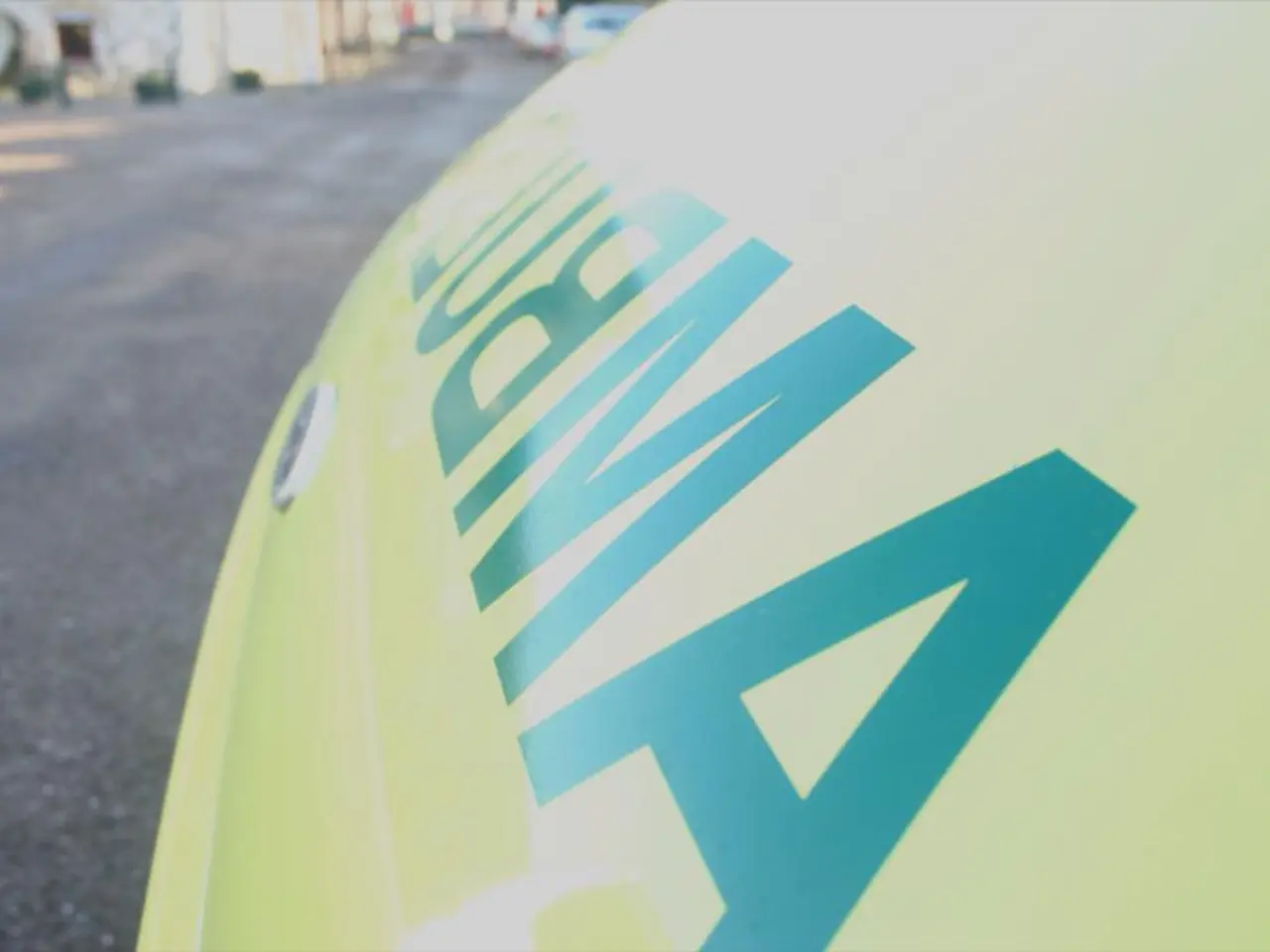Unleashing the '25 Budget: Klingbeil's Money Mingle in Berlin 🤑
Finance Minister to Unveil Budget 2025 Prior to Summer Recess
Wanna know what's cookin' with the German federal budget for 2025? Well, buckle up, buttercup, because Finance Minister Lars Klingbeil is steering us straight toward some big-time financial moves. He's aiming to get the budget ready for the cabinet before the summer vacation! 🏖️🤷♂️
Here's the lowdown: Lars and the Federal Chancellor, Friedrich Merz, agreed that this is the ultimate goal. At the moment, we're living with a provisional budget that's got spending restrictions as nobody passed a budget for '25 after the traffic light government snafu last year.
Lars isn't sweating about European debt rules crampin' his style. He's talkin' bout a major expansion of spending on investments and defense. He's even lookin' at the special fund of 500 billion euros, decided by the old Bundestag, and the exemption of the defense budget from the debt brake. The dude's got confidence, y'all! 😜💪
But hey, it's not all fun and games. The European Commission's gonna be reviewin' the budget plans to make sure all parties are playin' by the rules of the Stability and Growth Pact. And there's gonna be an expert commission workin' on modernizin' the Schuldenbremse, which is the debt brake policy that keeps a lid on public borrowin'.
So, what does this mean for our piggy bank? Well, Lars and his crew are gonna be catchin' up with some European allies on the phone later on, and they've even got a chat scheduled with folks in Paris soon. Stay tuned, folks, because this budget battle is far from over! 🚀💪
Sauce: ntv.de, rts 📝💼📨📱💬📝🔗
Insights: European debt rules, defense spending increase, off-budget funds for infrastructure, Schuldenbremse reform, proposed infrastructure and digitalization modernization
- Expenditure: The German federal budget for 2025 has increased significantly, with the first quarter of spending totaling €122.7 billion, up 8.4% compared to 2024. Investment spending has grown substantially, by 79.1%, and consumer spending has risen by 4.2%.
- Investment Spending: The primary driver behind increased investment spending is financial assistance, which rose by 86.2% year-on-year, with €4.3 billion allocated for Deutsche Bahn AG's equity increase. Infrastructure projects are the focus, with half a trillion euros available for major projects.
- Infrastructure Investment: The new government plans to utilize constitutional changes for increased credit for infrastructure projects, including modernization and digitalization.
- Defense Spending: The 2025 budget plan includes a significant increase in defense investments, which is exempt from the structural budget deficit limits.
- European Debt Rules: Compliance with European debt rules, part of the Stability and Growth Pact, is required for the German budget plan. This means that the budget needs to be structured carefully to avoid potential breaches or penalties from the EU.
- Debt Brake Reform: The new German government has announced plans to modernize the Schuldenbremse, aiming to complete the reform proposal by the end of 2025. This aims to provide more flexibility for handling major investments and potential economic downturns while maintaining fiscal responsibility.
- The community policy discussion in Germany is focusing on the budget proposals for 2025, as Finance Minister Lars Klingbeil navigates the federal budget, aiming for cabinet approval before the summer break.
- While the provisional budget currently restricts spending, the 2025 budget plans indicate a major expansion in investments and defense, potentially utilizing off-budget funds across infrastructure projects.
- The forthcoming changes to the Schuldenbremse, or debt brake policy, are designed to offer more flexibility for major investments and economic adjustments, while maintaining compliance with European debt rules.
- Vocational training is essential for the overall business and political landscape, as the government works to modernize infrastructure and digitalization to stay competitive globally, ensuring the workforce is prepared for the changing economic landscape.
- As the German budget plan progresses, experts expect an extensive review by the European Commission to ensure adherence to the Stability and Growth Pact, and discussions with international allies, including those in Paris, will be crucial in the finalization of the budget proposal.




